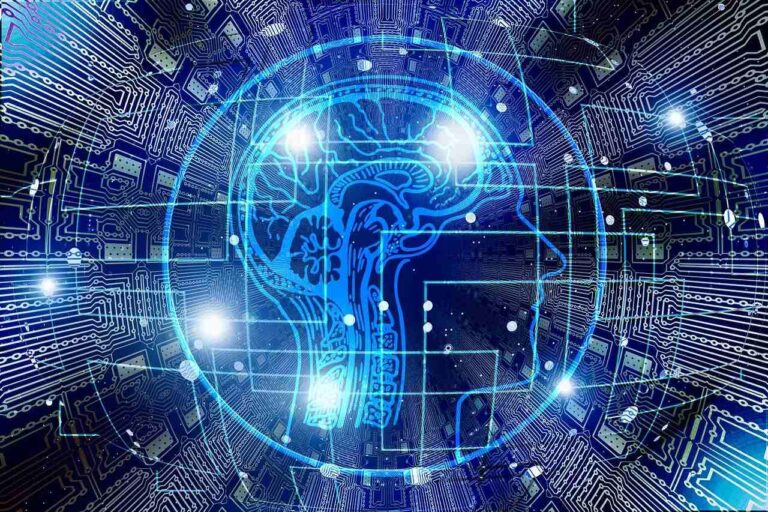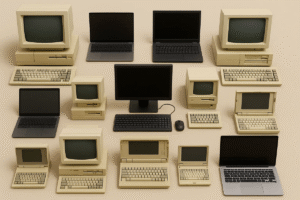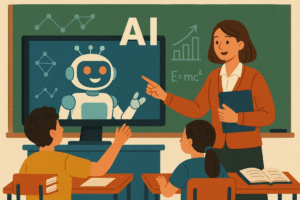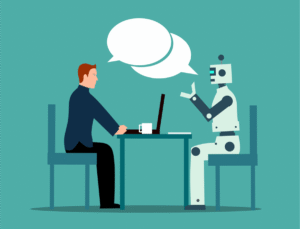Anyone who frequents the net will have heard in recent days about ChatGPT, the latest frontier of artificial intelligence.
This sort of huge ‘electronic brain’, with which one can freely interact via chat, has been proposed to the public by the OpenAI group in recent days, garnering the attention of millions of people.
Table of Contents
What is ChatGPT and how does it work?
It is a free chatbot system, i.e. software that simulates human conversations, either in written form or through voice commands. In itself, this communication system is nothing new.
From this point of view, there are numerous solutions adopted. For instance, on Facebook or on some sites, which allow one to establish dialogues with bots and obtain automatic replies.
In spite of this, ChatGPT has proved to be light years ahead of these solutions already massively present on the Web. This is thanks to an artificial intelligence system trained with a huge amount of content. Such as documents, books and articles of various kinds.
On a practical level, therefore, interacting with this chatbot system gives the impression of conversing with another human being. Both in terms of naturalness and the breadth of topics covered. ChatGPT has demonstrated extraordinary potential and, all this, in just a few days since its launch.
We speak of the creation and correction of programming codes, but also of more ‘artistic’ activities. Such as the creation of music or texts of various kinds. Some users have asked ChatGPT to create new fairy tales or fantasy stories, achieving results that were unthinkable a few months ago.
Can ChatGPT be considered a danger?
From designers to those who write for the Web and beyond, many have begun to tremble at the potential of this revolutionary system. Theoretically, however, the first to tremble before these capabilities could be an unsuspected brand.
For many, it is Google that is most at risk. The search engine par excellence, with its algorithms, could find in Chat GPT a potential opponent difficult to match in terms of capacity and calculation accuracy.
Despite this, the risks associated with AI in the future could be real for everyone. There is talk of misinformation, but not only. In this sense, it suffices to calculate that in order to create a form of artificial intelligence, it is necessary to ‘feed’ it with information.
Depending on the sources one draws from, it is possible to create a system that offers answers that are anything but impartial, influencing public opinion at will. In this respect, appropriate precautions will have to be taken in the future.
Read also: Is Artificial Intelligence a job killer and how can it coexist with human work?












